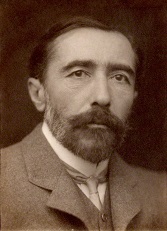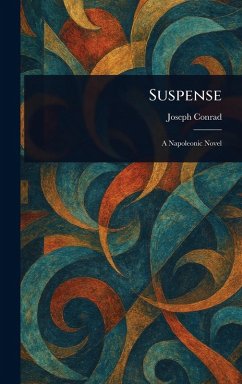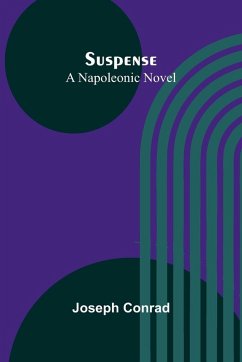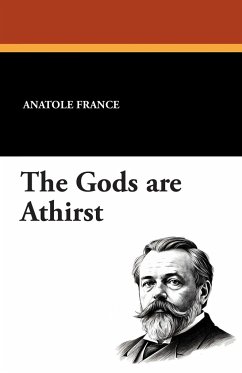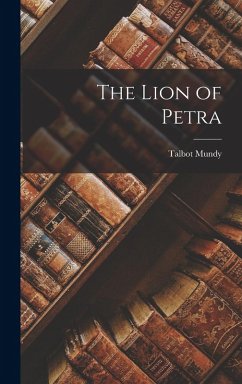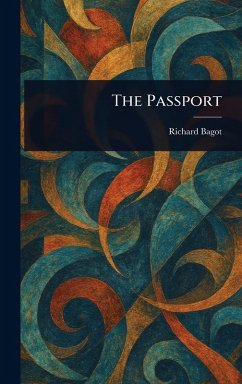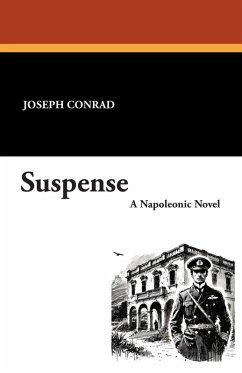
Suspense
Versandkostenfrei!
Versandfertig in 1-2 Wochen
19,99 €
inkl. MwSt.
Weitere Ausgaben:

PAYBACK Punkte
10 °P sammeln!
Set in early 19th-century Italy during Napoleon's tightening grip on Europe, this unfinished novel follows an English naval officer sent on a covert mission into enemy-held territory. Disguised and operating in secrecy, he becomes entangled with royalist rebels, mysterious allies, and a woman whose fate is tied to both sides of the conflict. As political tides shift and danger draws closer, the line between deception and loyalty begins to blur. With its slow-burning tension and rich historical setting, the story explores the personal costs of espionage and the complexities of duty during warti...
Set in early 19th-century Italy during Napoleon's tightening grip on Europe, this unfinished novel follows an English naval officer sent on a covert mission into enemy-held territory. Disguised and operating in secrecy, he becomes entangled with royalist rebels, mysterious allies, and a woman whose fate is tied to both sides of the conflict. As political tides shift and danger draws closer, the line between deception and loyalty begins to blur. With its slow-burning tension and rich historical setting, the story explores the personal costs of espionage and the complexities of duty during wartime upheaval.




